Scientists Think We’ve Moved The Earth Into A New, Pollution-Induced Epoch
by hannah_poindexter, 9 years ago |
4 min read
It’s called the Anthropocene, and we should be ashamed.
The Earth’s geological periods date back 540 million years, so in the grand scheme of things the Holocene — the current epoch of the last 11,500 years — isn’t much more than a blip in the vast timeline.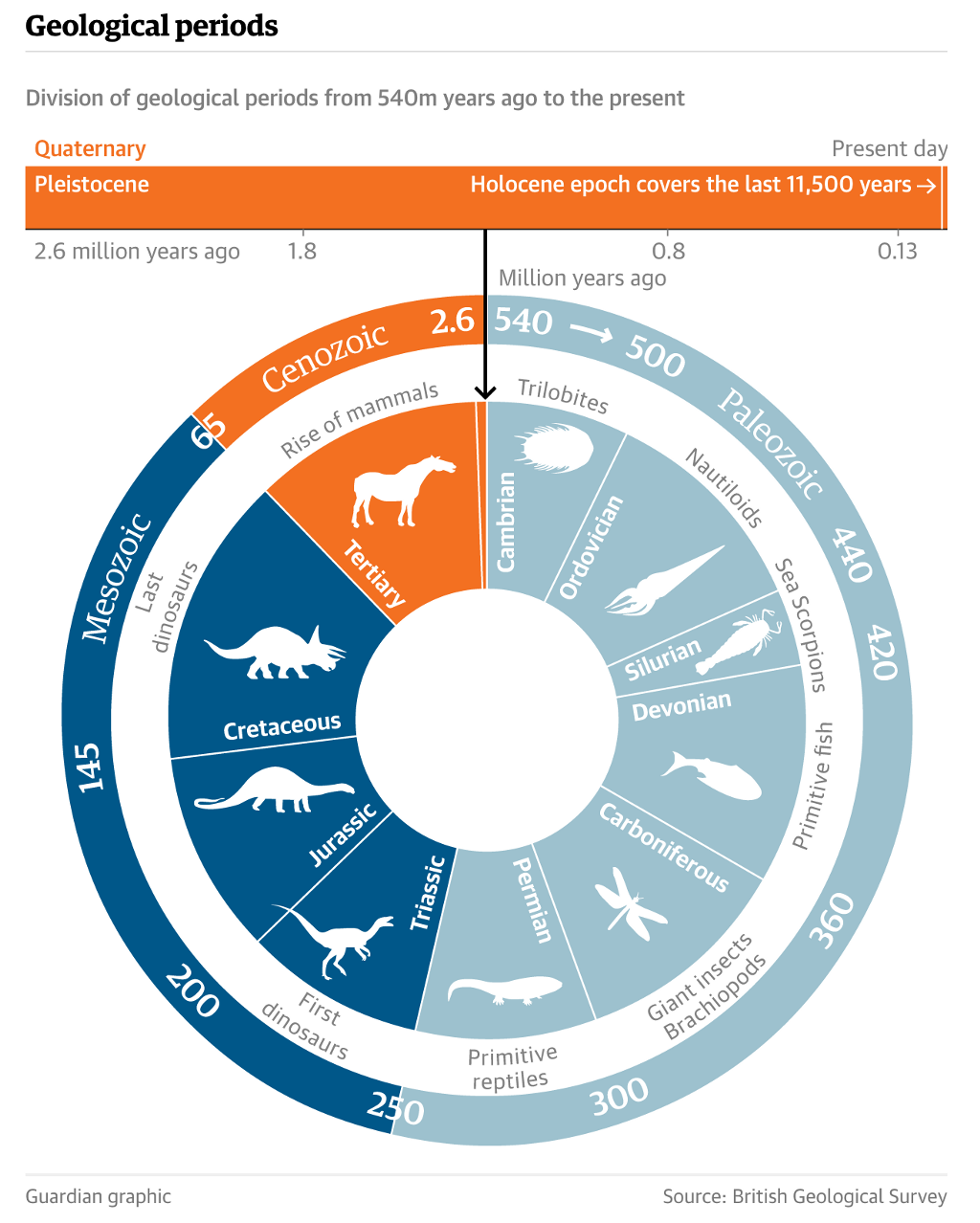
The Anthropocene
The term itself was coined by Dutch chemist Paul Crutzen and would be a more fitting descriptor of the human (anthropo-) impact on the geological nature (-cene) of the Earth. Experts say it should be backdated until about 1950, when literal world-altering events such as increased carbon dioxide emissions, higher sea levels, deforestation and mass extinction started to drastically accelerate. In fact, in this proposed new epoch alone, human activity will have left irreversible geological evidence such as: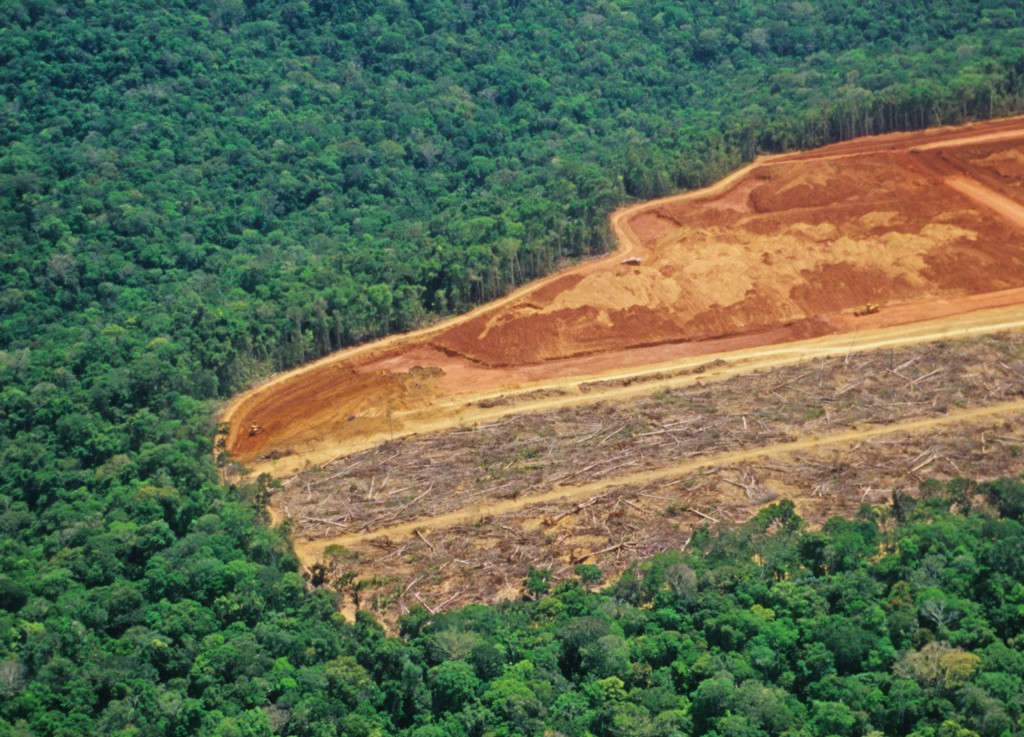
- A layer of unnatural particles in the Earth’s sediment and glacial ice (eg. black carbon from burning fossil fuels)
- A doubled amount of nitrogen and phosphorous in Earth’s soil thanks to fertilizer usage (estimated as the largest impact on the nitrogen cycle in 2.5 billion years)
- A large enough mass of plastic waste to leave identifiable fossil records for future generations
- An increase in atmospheric CO2 levels to 400 ppm from 280 ppm before the Industrial Revolution
- A species extinction rate far above the long-term average (In fact, we’re on course for a 75% species extinction rate in the next few centuries if we don’t make serious changes.)

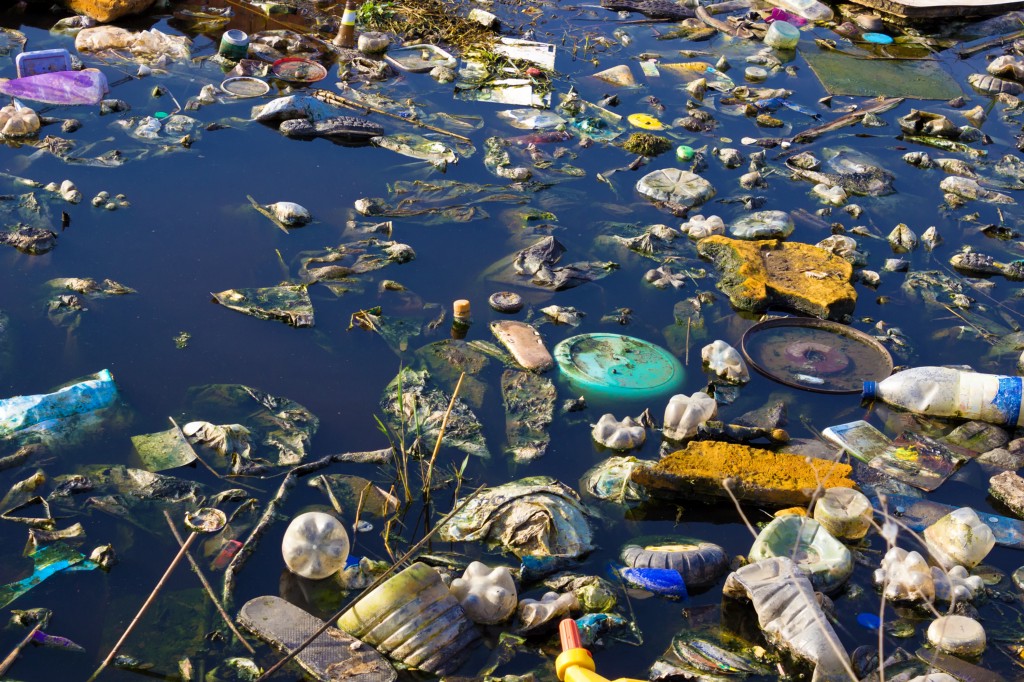

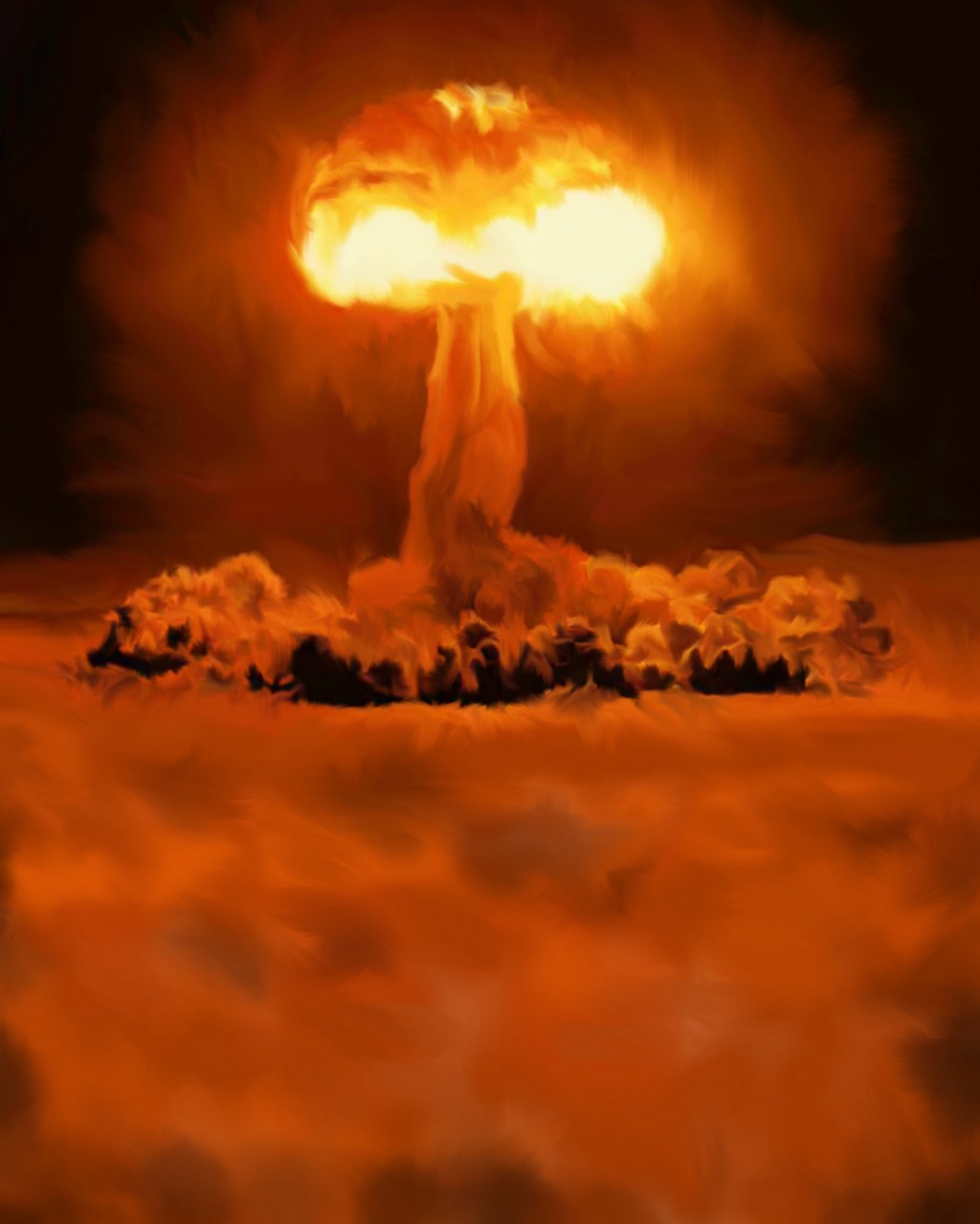
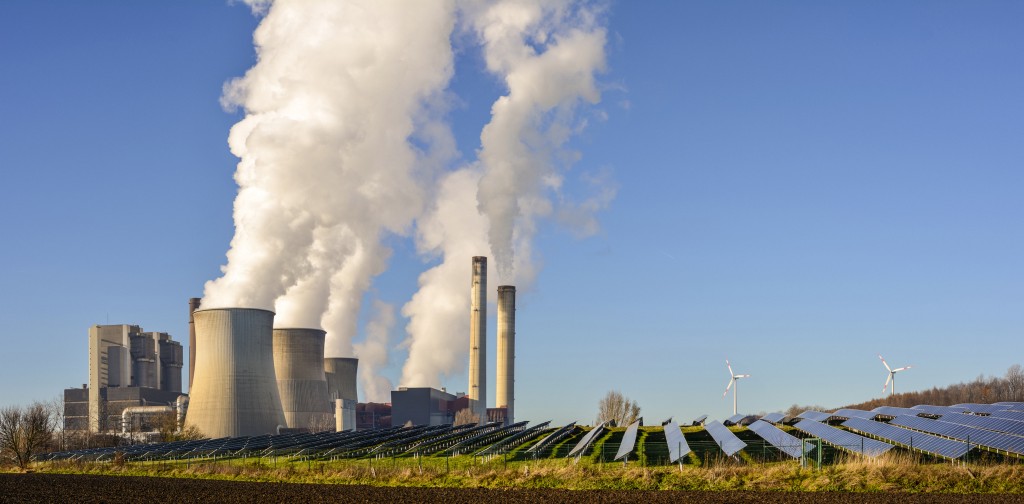
- Chicken skeletons (chickens are now the world’s most common bird and are being fossilized in landfills around the world)
- 4.8 million tons of plastic waste in the oceans (and that’s just in 1 year)
- High levels of nitrogen and phosphate due to artificial fertilizers
- Radioactive elements from nuclear bomb tests
- Carbon spheres emitted by power stations
The Cost of the Anthropocene
“The shift into the Anthropocene tells us that we are playing with fire, a potentially reckless mode of behaviour which we are likely to come to regret unless we get a grip on the situation.”It’s a safe bet that any climate scientist would tell you that the declaration of the Anthropocene signifies a dramatic shift that comes at a high cost, whether we realize it or not. Chris Rapley, a climate scientist at University College London explained: “Since the planet is our life support system — we are essentially the crew of a largish spaceship — interference with its functioning at this level and on this scale is highly significant. If you or I were crew on a smaller spacecraft, it would be unthinkable to interfere with the systems that provide us with air, water, fodder and climate control. But the shift into the Anthropocene tells us that we are playing with fire, a potentially reckless mode of behaviour which we are likely to come to regret unless we get a grip on the situation.” And while the progression into a new epoch may be inevitable, while we’re still living in the Holocene we can all do our part (with edible cups, reducing food waste or eco-friendly packaging) to prevent even more drastic degradations in the Earth’s geological surface.
✕
Do not show me this again
